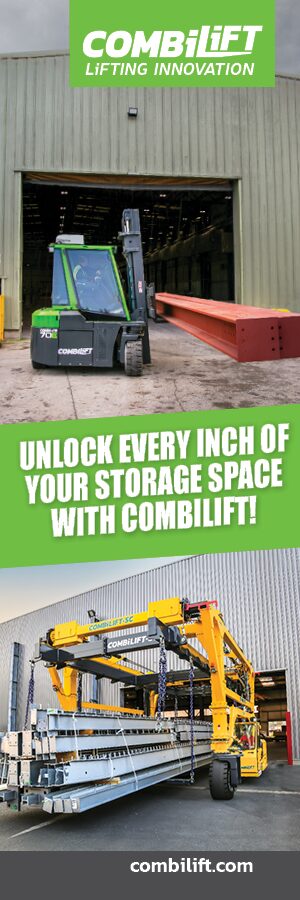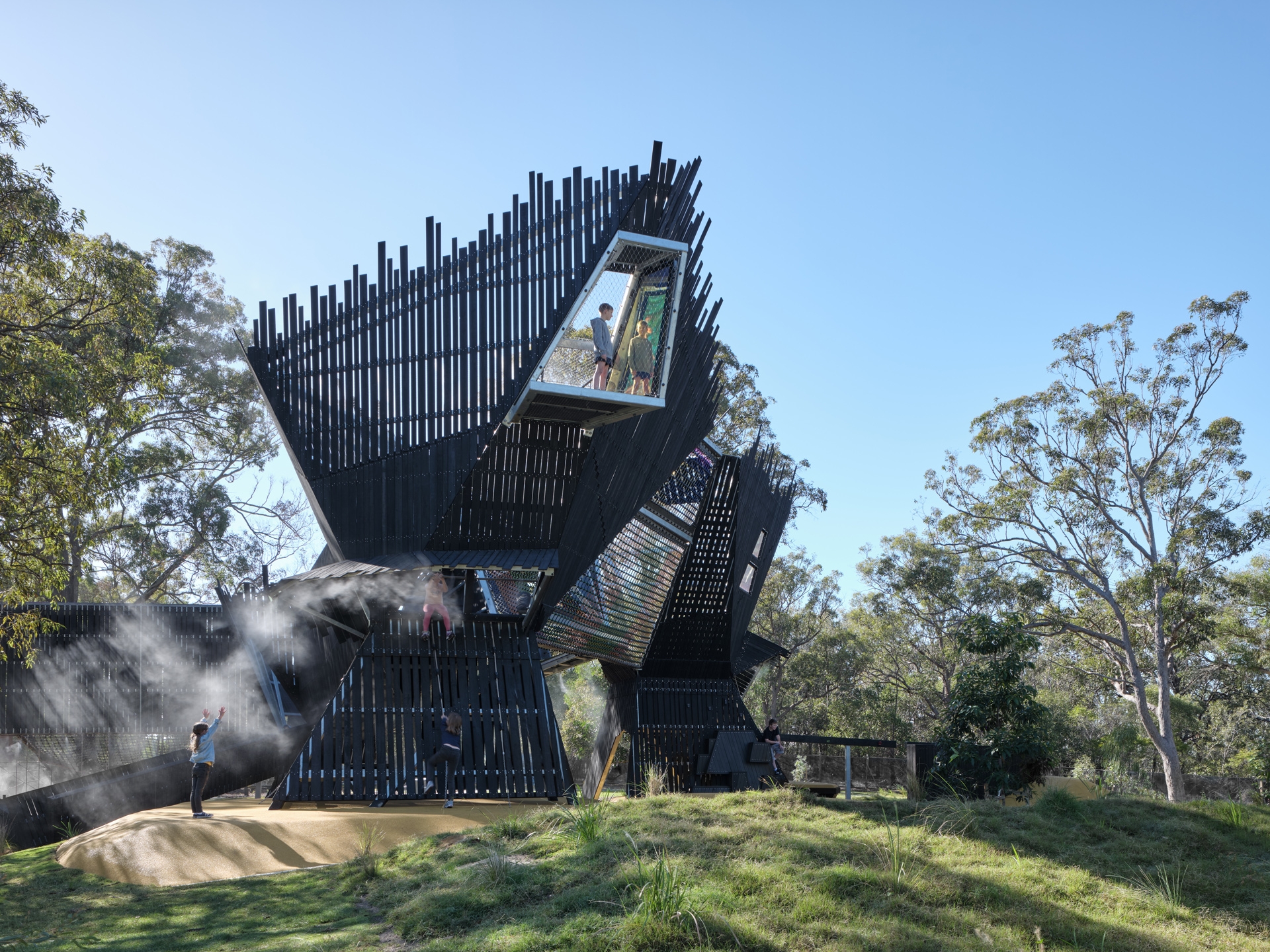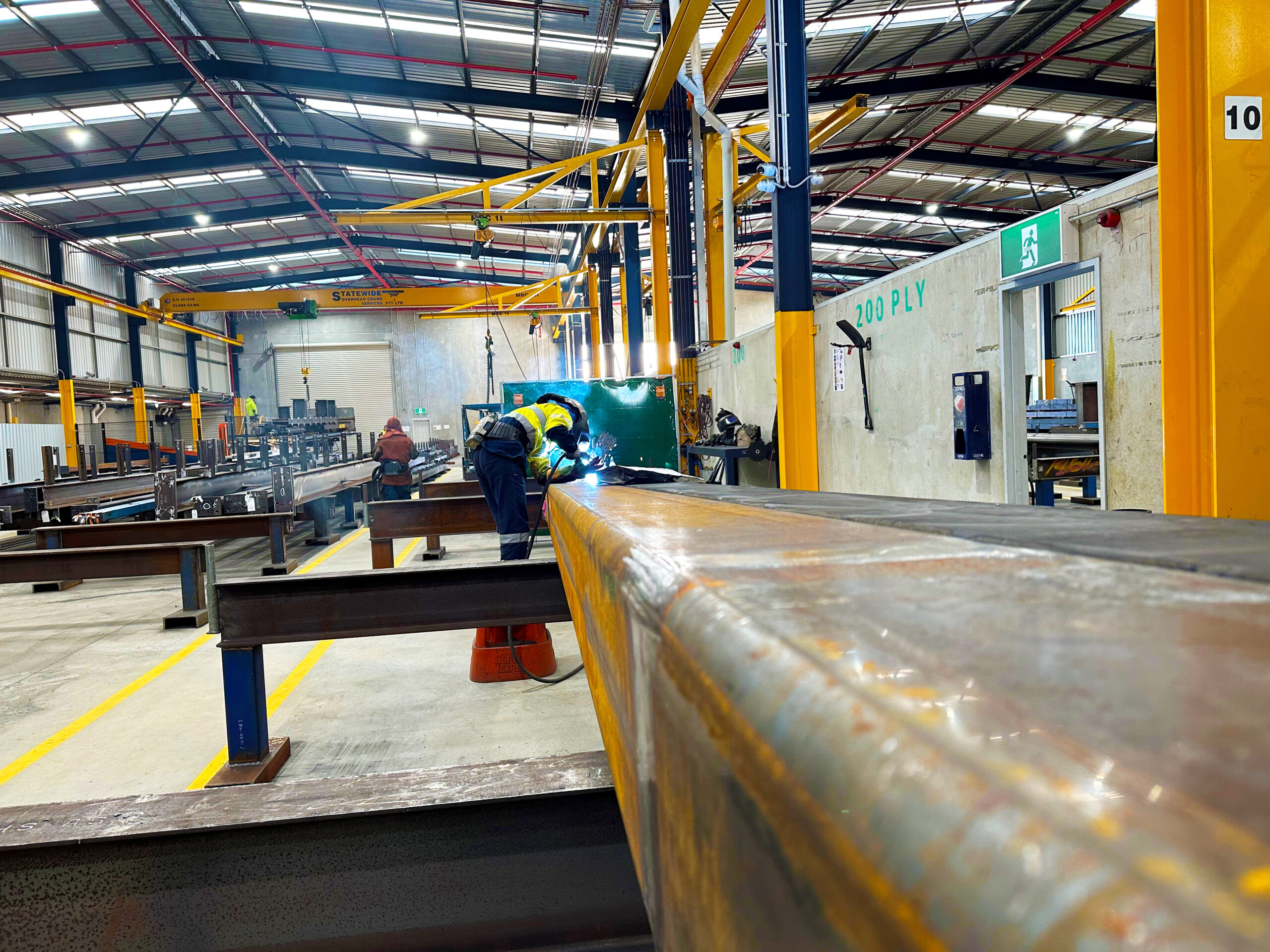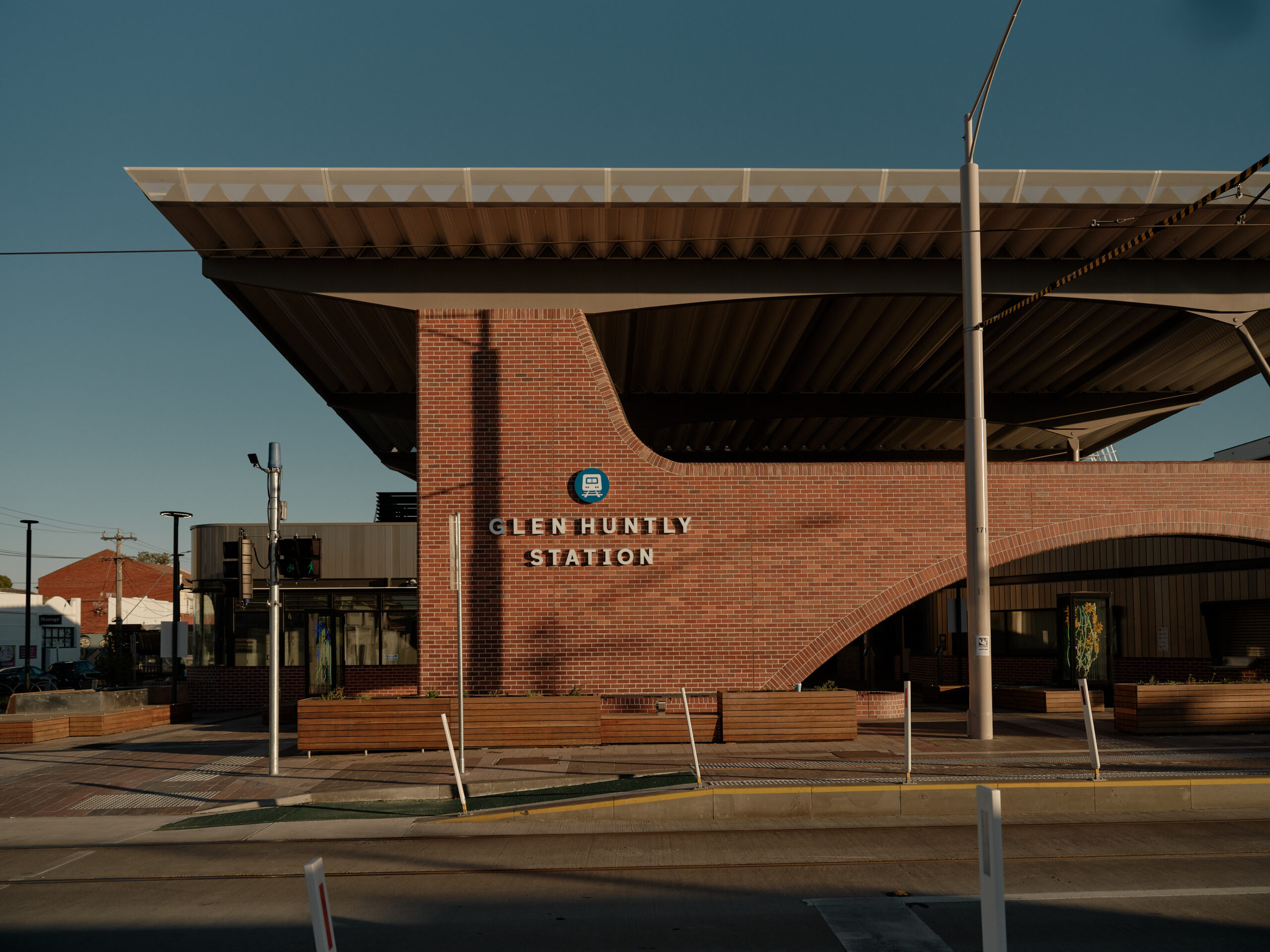With operations in eight countries and a team of over 950 highly trained professionals, DBM Vircon is one of the most comprehensive and sophisticated 3D modeling, detailing and digital engineering companies in the world. Despite the depth and breadth of their expertise, and work on some amazing projects, DBM Vircon is facing skills shortages—just like much of the steel supply chain.
As DBM Vircon’s global general manager of people, performance and culture Emily Bates described, “We’ve always had a tough market in which to recruit because steel detailing is quite niche. However, post-COVID, it is even more difficult. While we are still finding talent, it is taking longer to fill roles and we are paying above market rates where it’s required to secure the candidate.”
The changing nature of steel detailing, and a shift towards digital delivery for large-scale construction, infrastructure and mining projects is also impacting downstream skills and recruitment.
According to DBM Vircon’s chief executive officer, Mark Campbell, “The traditional steel detailing skillset was focused solely on detailing and delivery of shop drawings. We now find ourselves operating across a much broader remit, working not only for steel fabricators, but for general contractors, engineering houses, and asset owners. This has expanded the skillsets we rely upon to encompass 3D modelling, animation and digital engineering using advanced software. So, while the pool of talent becomes broader, that same talent also has a broader choice of roles.”
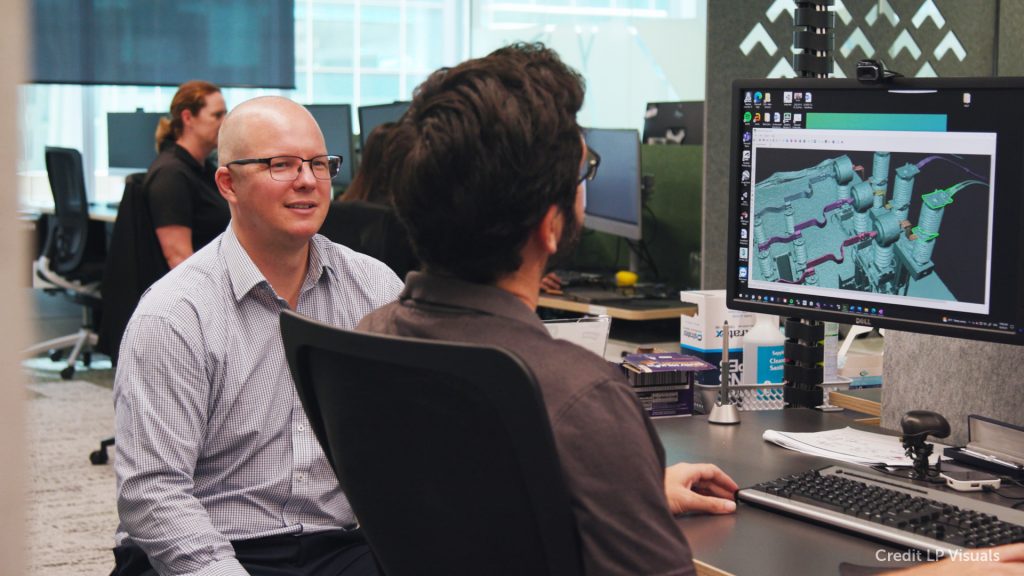
Attracting top talent
Faced with such a competitive market, DBM Vircon has responded with a raft of strategies designed to help attract top talent. For instance, they offer generous referral bonuses to their existing team members who recommend talent for vacancies.
The company has also diversified its approach to recruitment, looking for people in divergent industries with transferrable skills. For instance, video game programmers often possess the same skills, and use similar software and systems, as a digital engineer.
An emphasis on company culture also plays a key role. “Traditionally, our recruitment strategies were quite passive. Now, we have to be a lot more proactive. We regularly highlight and showcase what it is like to work at DBM Vircon, and why our people stay with us for so long. We proactively promote the culture we’ve built, including factors like the chance to work on fantastic high-profile projects globally, to be mobile and work in numerous offices right around the world,” Campbell said.
“We have developed an employee value proposition that is as holistic as possible—one that attracts new employees and then gives them a compelling reason to stay. We make sure all our employees are valued and understood, and have the opportunity to build a fulfilling career with us.”
“We have a great culture, strengthened by team building opportunities, as well as more informal things like morning teas, or ping pong competitions. We work hard to create a place where people want to come to work, like their colleagues, and enjoy what they do,” Campbell said.
Flexible workplace arrangements are a standard practice. “DBM Vircon is a really family friendly company to join. We have family days, with parents encouraged to bring their kids along. Three members of our executive management team are mums with young children. We recognise that work—while important—is just one small part of people’s lives,” Bates said.
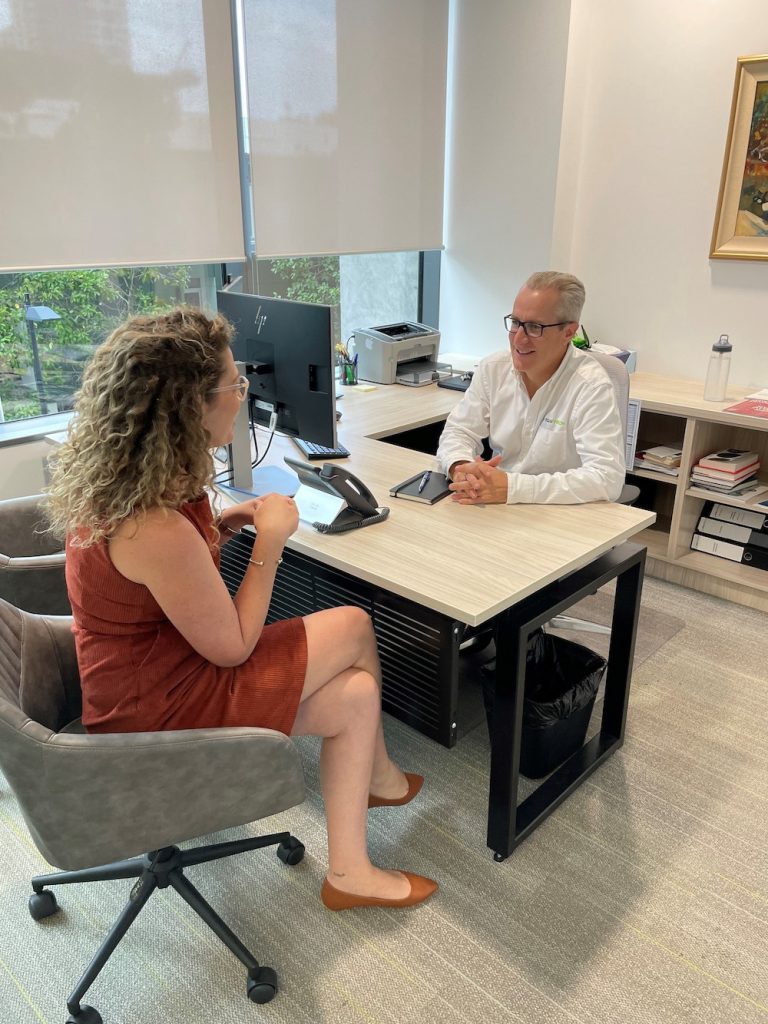
The next generation of steel detailers
DBM Vircon fosters strong relationships with TAFEs and universities to target the next generation of steel detailers. Although, the path from tertiary education to employment is not straightforward for steel detailing. In New South Wales and Western Australia, TAFEs offer a construction modelling course. However, this is not the case in Queensland. In the sunshine state, budding steel detailers usually undertake an engineering diploma that includes a subject or two focused on steel detailing. The problem is, graduates then often go into engineering, rather than detailing.
According to DBM Vircon’s global general manager of industrial David Dawson, “TAFEs can be segmented in terms of their alignment with industry needs. The steel industry is quite niche within itself, and then steel detailing is even more niche within that. It makes it difficult to align TAFE course content with our day-to-day operations. There needs to be alignment on both sides of the equation—industry needs to work with TAFEs and vice versa.”
“The steel industry is becoming more and more progressive, and embracing new technology. From steel detailing through to fabrication and erection, technology is now embedded in all aspects of the industry. Both industry and TAFEs need to demonstrate this—steel is no longer the industry of the boilermaker working in a dark workshop. It is a professional environment that leverages innovative, cutting edge technology to build some of the world’s most impressive pieces of infrastructure,” Dawson said.
While not a simple dilemma to solve, DBM Vircon does have one solution to this misalignment between TAFE and industry. “We’re hoping that, in the future, we could partner with other organisations and industry bodies to devise a solution. For example, in Vancouver, we have partnered with a specialist college to create the equivalent of a Certificate III in CAD detailing. It would be fantastic if the Australian industry came together to create something similar,” Bates said.
DBM Vircon also facilitates a formal four-year cadet program. Established in 1964, the structured, on-the-job training and development program encompasses many or all aspects of design, 3D modelling, detailing and sometimes even digital engineering. It goes above and beyond standard professional development to include one-on-one mentoring and in-depth career guidance.
There is also a role for government to play. While there are government incentives for apprenticeships, there is room for government support for professional service roles, like steel detailing.
“There is definitely a gap in government support between traditional blue collar roles, and professional service roles like steel detailing. Post-COVID there is a real challenge in terms of mobility of skillsets across international borders. With a booming mining sector, huge investment in infrastructure along the east coast, and a variety of projects underway for the 2032 Brisbane Olympics, the government needs to find a way to attract people into Australia, including through expedited visa programs,” Campbell said.
“The steel industry needs to come together to lobby governments to fund internships and provide incentives for cadets and trainees to attract young people into steel,” Bates said.
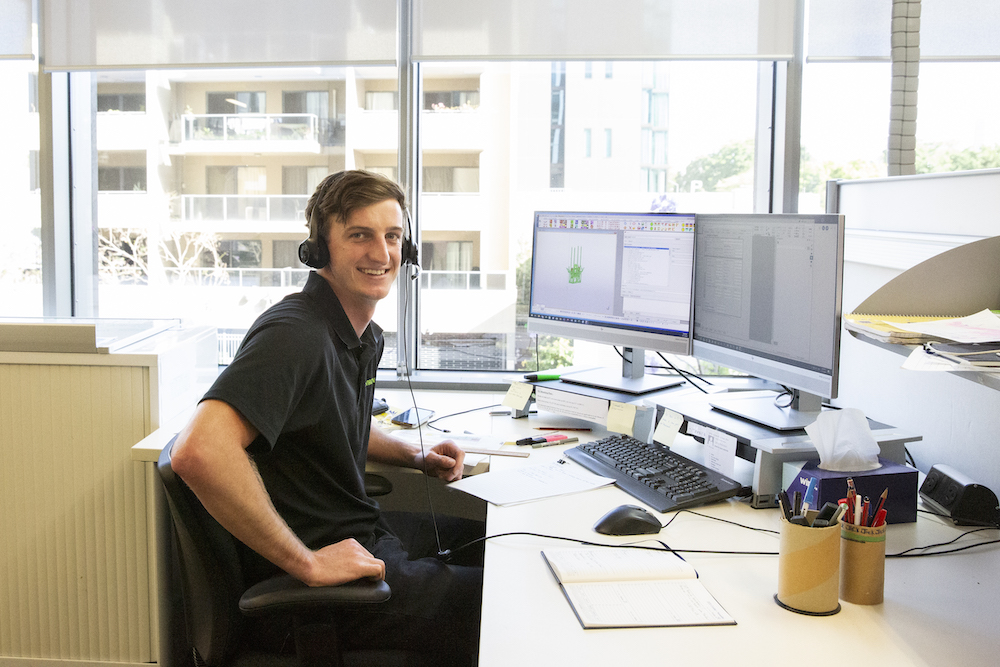
Retaining a talented team
A vital part of DBM Vircon’s staff retention strategy is continuous learning and development. All of DBM Vircon’s managers undertake an advanced leadership program. The underlying principles of this program align with DBM Vircon’s core values.
“We invest in the leadership capabilities of our managers, so that they have the ability to engage and provide direction to staff. Our continuous learning and development program helps ensure that our people can grow and achieve their career aspirations,” Campbell said.
DBM Vircon also has a formal Excellence Development and Accreditation (EDA) program. The EDA encourages team members to complete a range of activities to hone their existing skills, extend their knowledge, and keep-up-to-date with technical innovations. These activities include things like mentoring, internal and external training courses, conferences, and more informal learning, like reading recommended materials or listening to recommended podcasts.


